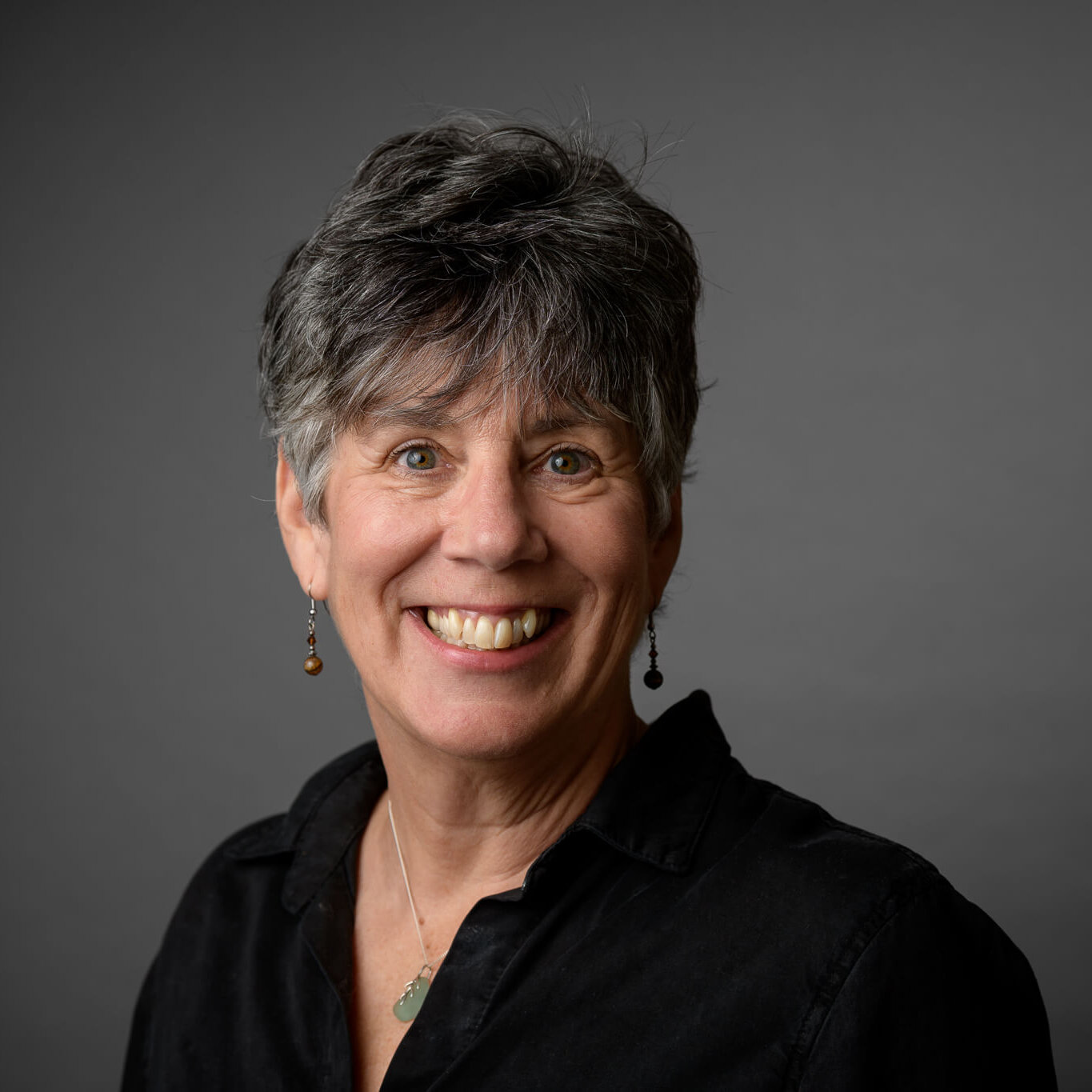The Consultation to Conversation (C2C) model aims to increase equity of access to care for rural, remote, and Indigenous citizens across British Columbia. The model supports three-way video enabled calls between a patient, primary care provider and a specialist/specialized service provider.

I love it because everyone is on the same page afterwards and the patient was amazed that you get connected…I think that’s the future and that’s where we need to be.
BC hematologist
[This model] is best from a patient perspective, recognizing that a lot of rural patients have jobs that are challenging to leave. If you are a person that works in a mining camp, for example, you have one time to see your doctor and that will be with the primary care provider, so [with regards to the three-way model] it’s good for patient access.
BC rheumatologist
A different approach to specialist care
Across our province, rural patients must travel from their home community to central locations to access specialists and/or specialized service care. This typically involves taking time off work and making travel arrangements that are not only costly to the patient but also risky during times of the year when geography is vast and weather conditions are poor. By critically thinking about how we can use current technology to support a change in culture, we can work towards increasing the equity of access to care for rural community members and help keep them within their home communities by adopting a model that supports real-time conversations between primary care providers, specialists/specialized service providers and patients where appropriate.
The intent is to wrap supports around patients closer to home, including those with chronic illness, complex medical needs and frailty. By wrapping around patients, the team works together to collaborate on a care plan, streamline communication and decrease gaps to enrich patient-centered care. The virtual care model also supports avoiding unnecessary travel.

Get Involved
If you are a primary care provider (Family Physician/Nurse Practitioner), specialist, specialized service provider, and/or clinic who is interested in working towards, taking part, and/or trialing a three-way call (telephone to start, or video) please reach out to Erika Pritchard at [email protected].
Benefits of the program
Overall benefits of the three-way conversation model:
- Facilitates “closer to home” patient-centered care.
- Reduces potential harms and costs to rural patients by eliminating unnecessary travel during COVID-19 and beyond.
- Improves patients’ access to specialist and/or specialized service care.
- Decreases the potential for info/care plans to be lost between primary care providers and specialists/specialized service providers.
- Strengthens pre-existing pathways at the local, regional, and provincial levels.
Benefits to primary care providers:
- Allows for eye contact and body language assessment.
- Helps improve handover and transitions in care.
- Allows for real-time collaboration surrounding treatment dilemmas and grey areas when supporting complex patients.
- Creates capacity for bi-directional education and knowledge transfer between providers.
- Provides the flexibility to work from home.
- Facilitates a deeper understanding of the patient’s home environment.
- Can utilize a VCC to:
-
- Work with your Medical Office Assistant (MOA) to book and coordinate virtual appointments.
- Support patients with the technical component/usage of video-enabled appointments (e.g. Zoom).
- Provide a free Zoom account and training.
- Share learnings from other practices.
Benefits to patients:
- Provides the ability to access care from your own home or your primary care provider’s office in your community without having to:
-
- Take time off work.
- Spend money on transportation (e.g. plane ticket, mileage) to a specialist/specialized service provider in an urban area outside of your own community.
- Travel through challenging geography and/or poor weather conditions.
- Can work with a VCC to learn how to use technology to access the virtual appointment(s) when it’s time.
- Creates reassurance that your primary care provider and specialist are “on the same page” regarding your care plan.
- Provides the opportunity to ask questions to your primary care provider and specialist/specialized service provider at the same time.
Benefits to specialists/specialized service providers:
- Allows for eye contact and body language assessment.
- Helps improve handover and transitions in care.
- Provides the flexibility to work from home.
- Creates capacity for bi-directional education and knowledge transfer between providers.
- Can use a VCC to:
-
- Work with your MOA to book and coordinate virtual appointments.
- Support patients with the technical component/utilization of video-enabled appointments (e.g. Zoom).
- Share learnings from other practices.






